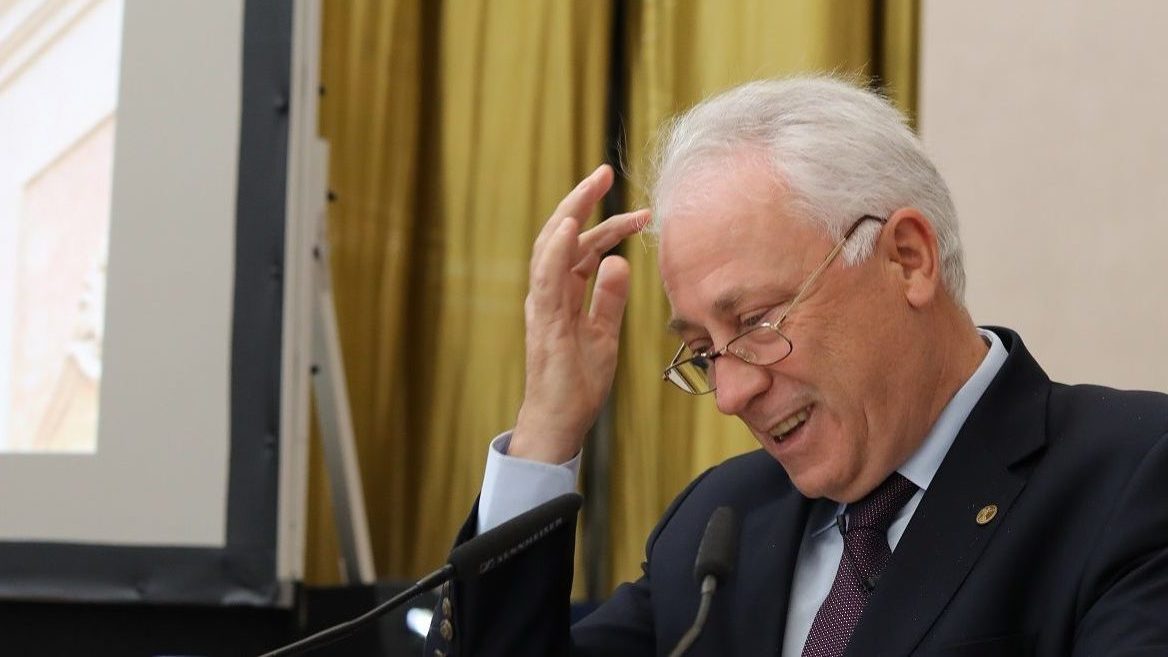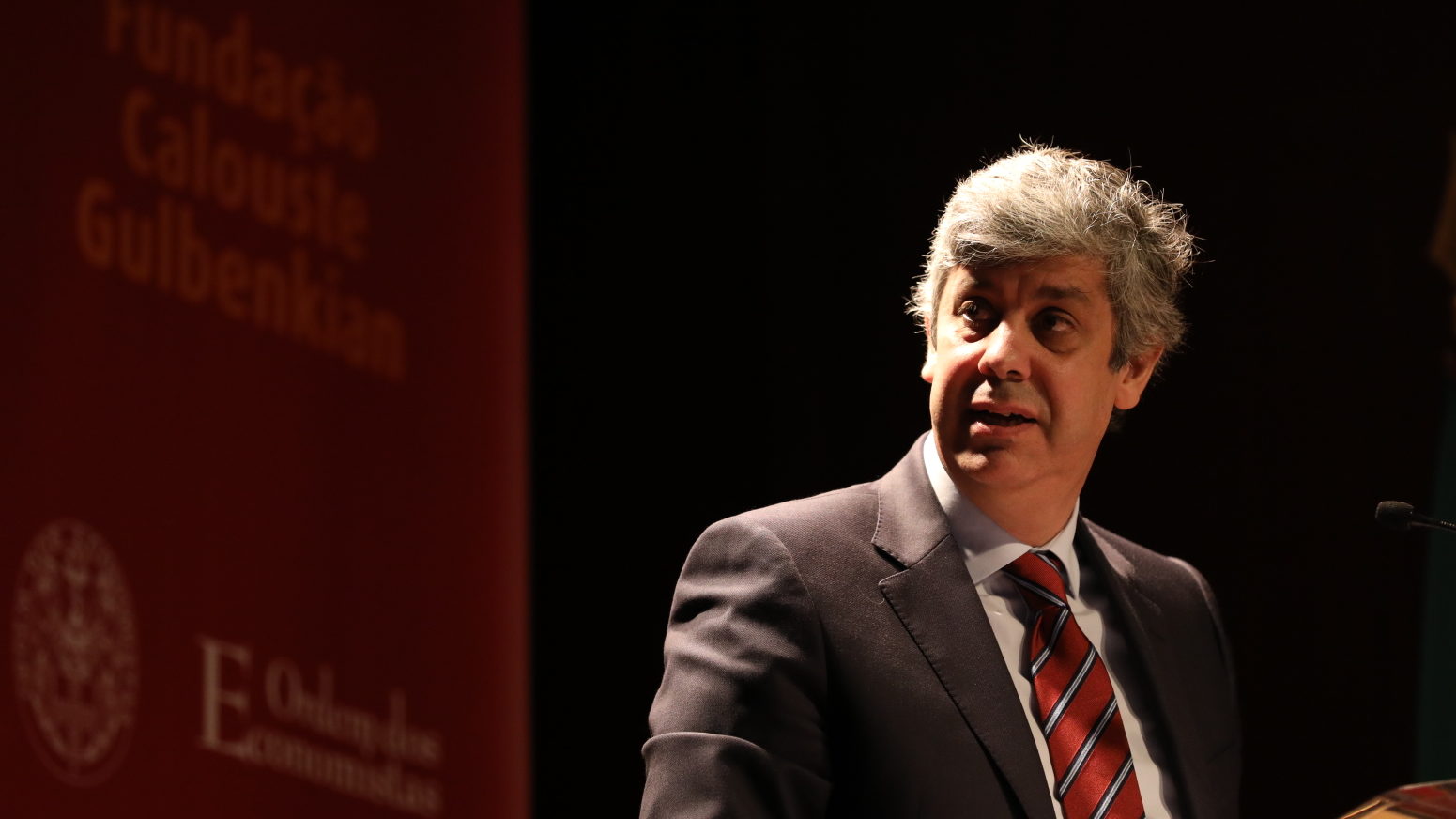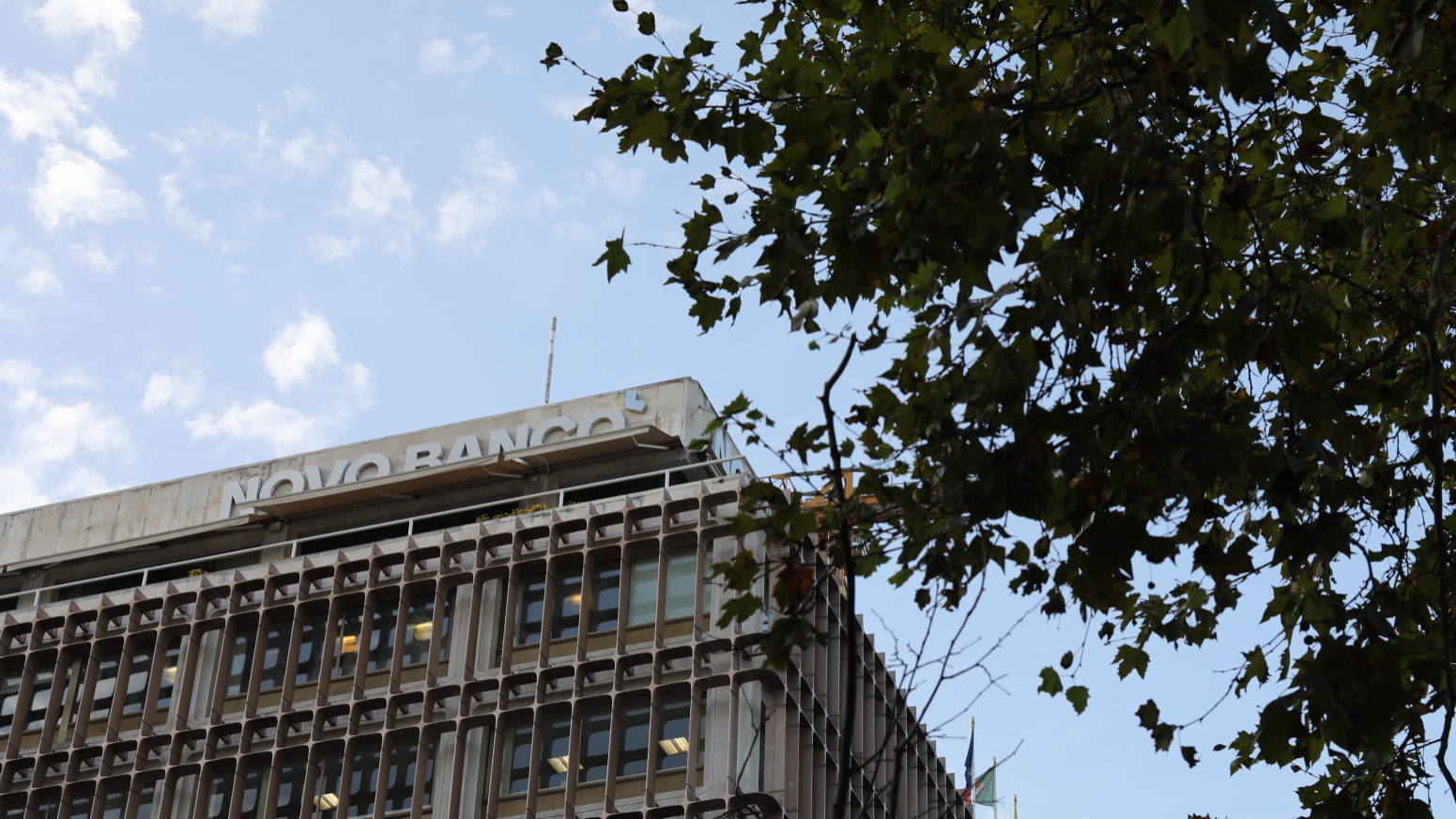Novo Banco: what is the opinion of Portuguese businessmen and former ministers?
Forced by the circumstances, the corporate world believes nationalization is the best option; as for former ministers, there is little consensus.
The sale process of Novo Banco is still not over, but nationalizing the bank is starting to feel like the best solution within politics and economics. Mário Centeno, Portuguese minister of Finance, has already made clear that aside from liquidation, no option is off the table – selling, nationalizing or waiting to sell later on at a better price.
Portuguese businessmen
ECO sought out several businessmen in order to understand what the most popular thesis is. Among the businessmen inquired, only João Miranda, CEO of Frulact, opposes nationalizing the bank headed by António Ramalho. He does not believe in temporary nationalizations and argues the government should’ve had “created a national service that allowed the third largest Portuguese bank to remain Portuguese”.
Among those who stand for a temporary nationalization are Jorge Armindo (Amorim Tourism), Fortunato Frederico (Kyaia group), José Teixeira (DST group) and Armindo Monteiro (Compta), for example. Many gave Lloyds as a positive example: “As in England with Lloyds, which happens to have a Portuguese CEO, Novo Banco’s situation could be turned around in a reasonable amount of time”, states Jorge Armindo. As for Manuel Violas, Solverde’s CEO, he believes the choice is simple: “If there are guarantees from the state, I stand by nationalization; if not, I prefer selling”.
Regardless, José Alexandre Oliveira, from Riopele, recalls: “Any decision to be made must have in consideration that Novo Banco is very close to Portuguese enterprises – small, medium and large –, and therefore its survival is key for the economy”.
Former Portuguese ministers

ECO interviewed the former ministers of Finance Miguel Cadilhe, Henrique Medina Carreira, Miguel Beleza, Jorge Braga de Macedo; ECO also spoke to the former minister of Labor and Social Security and minister for the Industry and Energy Luís Mira Amaral.
- Mira Amaral considers nationalization “a complete nonsense […]; according to European legislation on banks’ resolution, that is not possible, because being a bridge bank, Novo Banco must be sold or liquidated”. Mira Amaral considers there are only two possibilities: “Selling them to the highest bidder or liquidate it; let’s wake up and smell the coffee”.
- Braga de Macedo can’t recall any nationalization that went well in banking. He considers that “what is temporary becomes definite at the expense of taxpayers”. Being so, he does not stand by any particular solution, although he does not consider nationalization a viable solution: “After what happened with Banif and CGD, I do not believe the government can be part of the solution, but I hope other Portuguese banks and their supervisors can reach consensus to limit national and international damage”.
- Miguel Beleza did not want any doubts about his stand and ended each idea with the same sentence: “Nationalizing the bank, no”. The former minister underlines the “impact on public accounts” nationalizing would have, but he is also not a fan of having a quick and fire sale: “It would be best to wait and sell the bank in a most favorable time in the future”.
- Miguel Cadilhe is not “a fan of nationalizations”, but he acknowledges: “If the options are nationalizing or making a bad sale […] I prefer nationalizing”. However, he recalls: “It would always be a transitional option, until a good moment for selling arises”, since he doesn’t consider now to be the right time.
- Medina Carreira is also for a temporary nationalization and like businessmen, points to Lloyd’s as a good example: “It would be a term rescue model”. Medina Carreira considers it is “shameful” what is being offered for Novo Banco, stating he would like for the Portuguese state to take control of the bank until “the economy and market presents the right circumstances for a smooth transition”.




